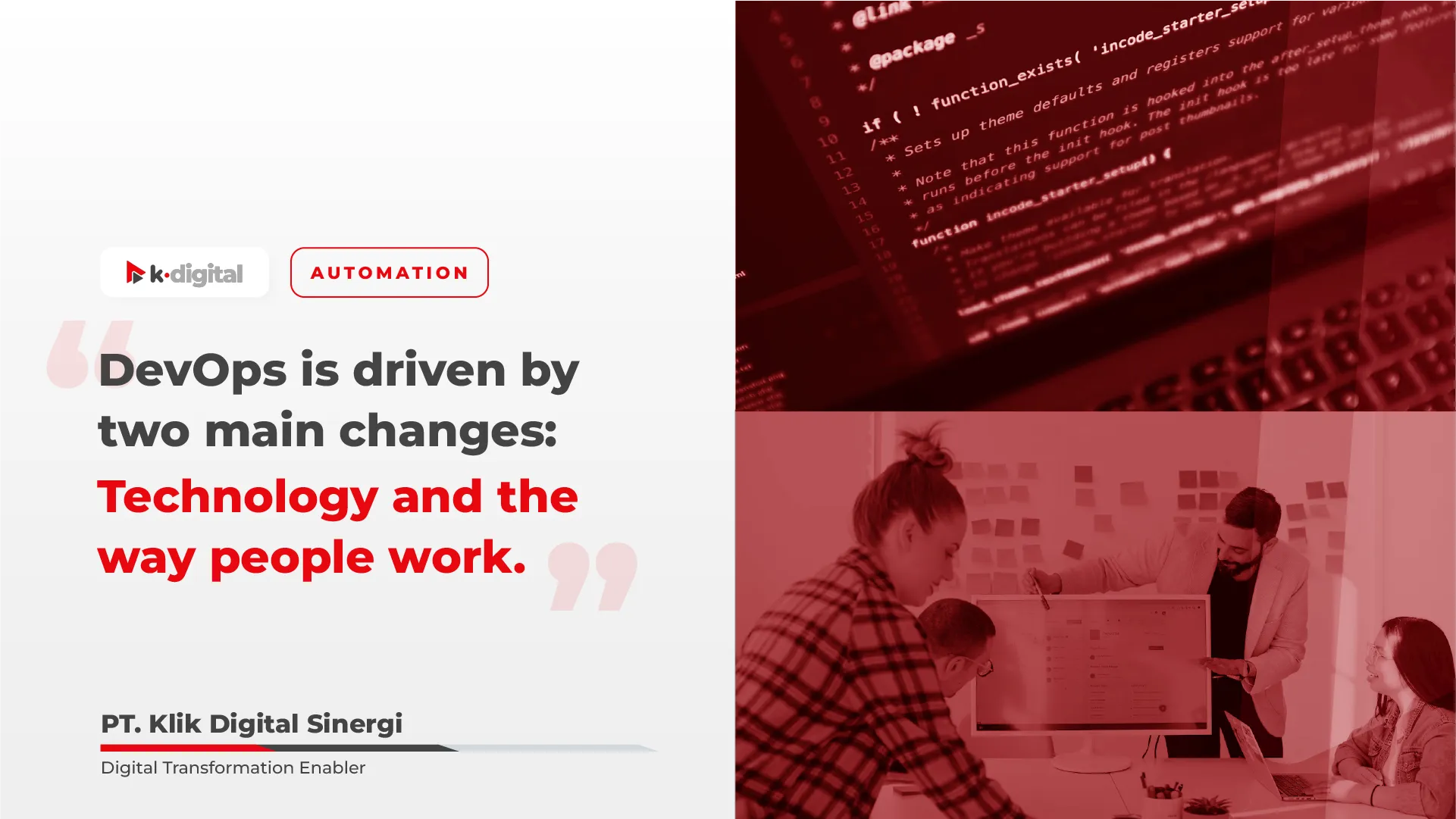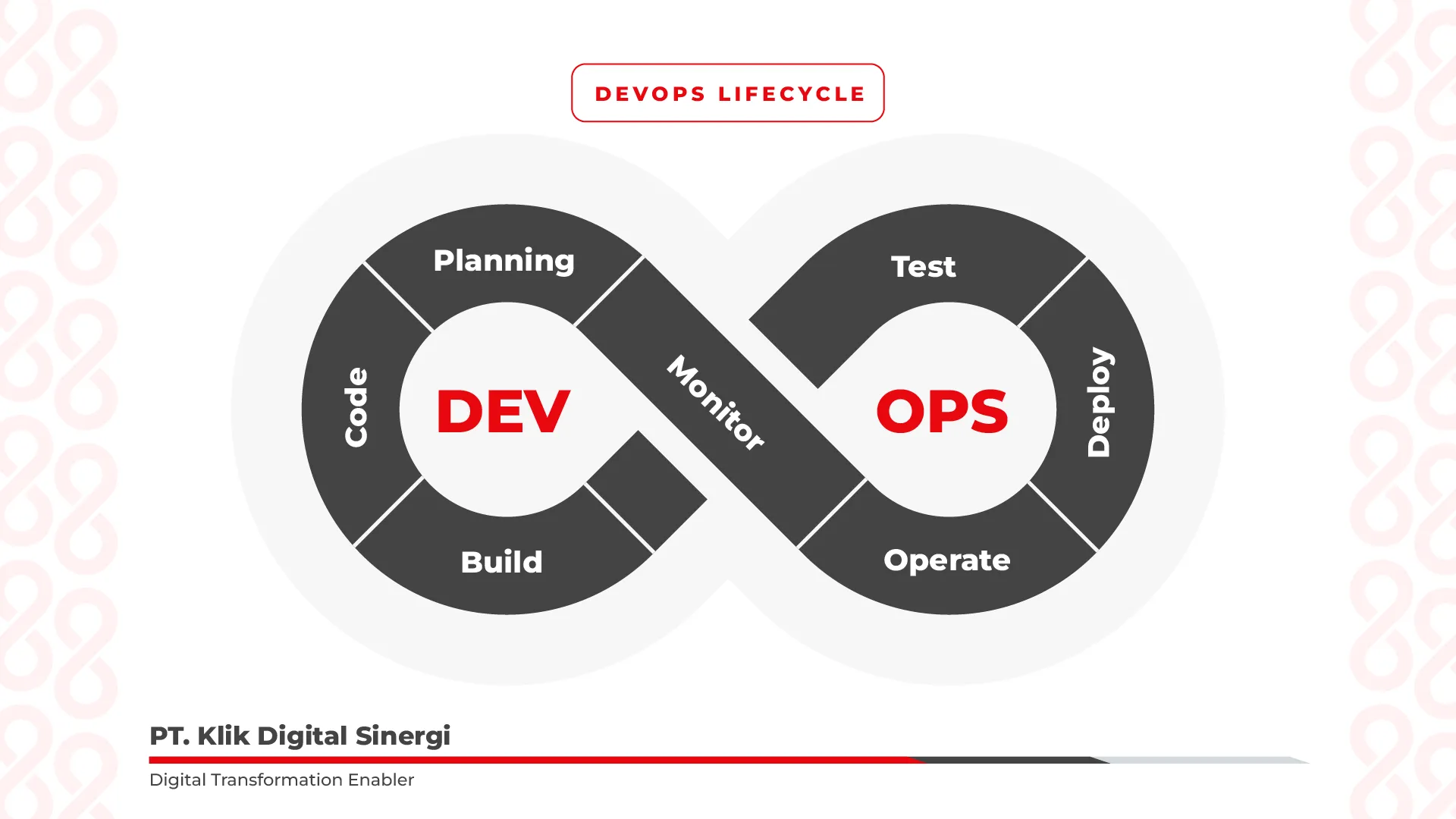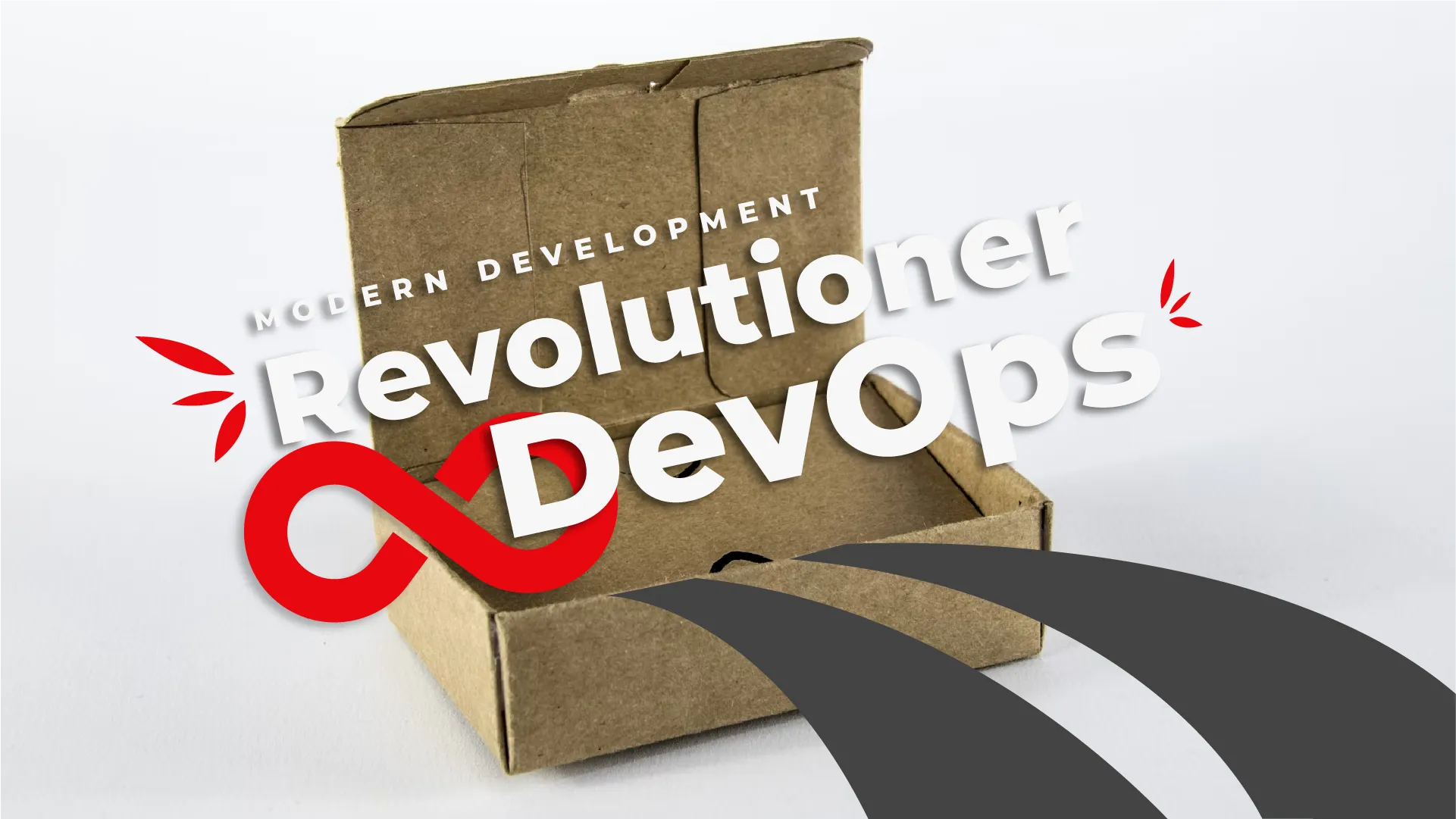In today's competitive digital landscape, businesses must release app features
faster without sacrificing quality—and DevOps is the answer!
This article explains why DevOps is trusted to accelerate development while
maintaining high standards, and how it overcomes traditional challenges.
Why is DevOps Growing Rapidly?
DevOps isn’t just about tools—it’s a cultural shift that prioritizes collaboration and shared goals between Development and Operations teams.
This is why DevOps is widely adopted, it provenly delivers high-quality applications faster, giving businesses a competitive edge.

Problems DevOps Can Solve
Traditionally, development and operations worked in isolated silos, leading to:
- Inflexibility: Lack of coordination slows down workflows.
- Lack of Cooperation: Each team works toward different objectives,
hindering progress. - Human Error: Manual, repetitive tasks increase mistakes.
DevOps breaks these barriers by fostering collaboration, automation, and
continuous improvement
The emergence of Agile methodology at the development stage also encourages more active and spontaneous communication between teams.
DevOps LifeCycle
DevOps follows a continuous application development cycle, including:
- Panning: The stage where the team determines what is needed for a successful application delivery.
- Code: The stage where all the necessary code to build the application is written by the developers.
- Build: The stage where the code is packaged into units that can be deployed.
- Test: The stage where the team ensures the functionality, performance, and security of the application.
- Deploy: The stage where the code is deployed to the production environment.
- Operate: The stage where the application is monitored and maintained.
- Monitor: The stage where the team collects application performance data and determines what can be improved.

DevOps is in demand by many businesses because DevOps is able to encourage
faster, more reliable, and safer application deliverables.
By integrating collaboration, automation, and iterative processes, DevOps
enables faster, more reliable, and secure software delivery—making it
a key driver of Digital Transformation.

Ready to Evolve Your Workflow?
With 11+ years of Digital Transformation expertise, KLIK Group is ready to bring DevOps excellence to your business!


RELATED POST
Why DevOps Is Popular in Business
May 12, 2025
MLOps: Explanation and How It Works
May 08, 2025
DevOps 101: Explanation & Its Role in Digital Transformation
Jun 26, 2024